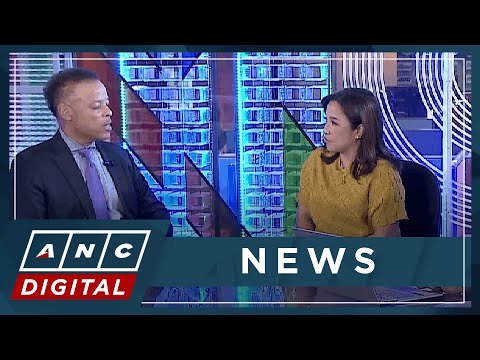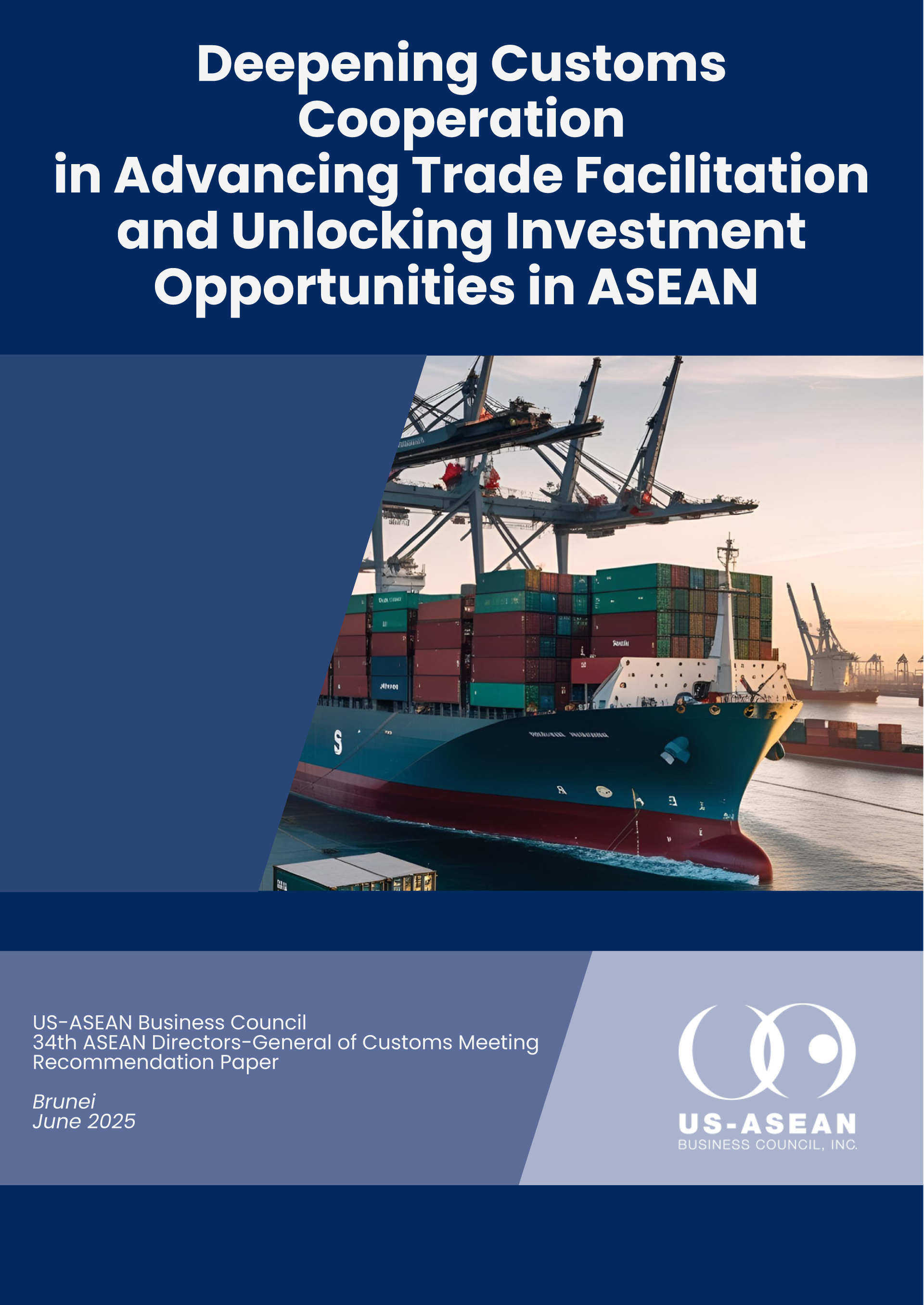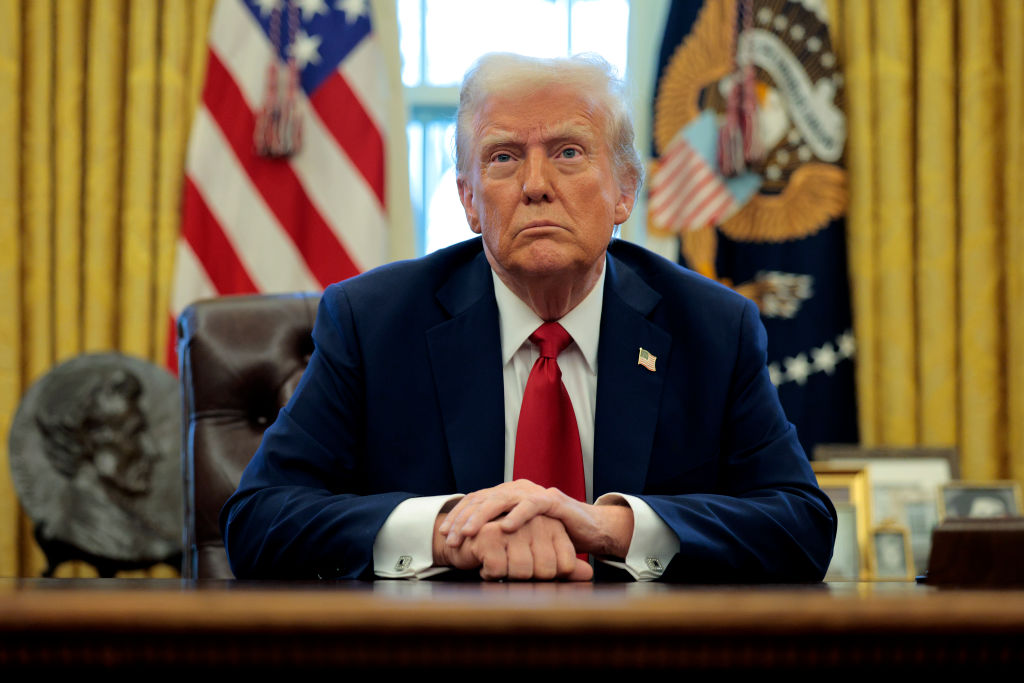EU and Thailand relaunch Trade Negotiations

The European Union and Thailand officially announced the relaunching of their free trade negotiations on March 15, following a virtual meeting between EU trade chief Valdis Dombrovskis and Jurin Laksanawisit, Thailand’s Deputy Prime Minister and Minister of Commerce. The first substantive round of negotiations is planned to occur in the coming months, potentially to be followed by text proposals from both sides.
The FTA aims to boost trade and investment by addressing a wide range of issues such as market access for goods, services, investment, and government procurement. In addition, the other key parts of the agreement include swift and effective sanitary and phytosanitary procedures, protection of intellectual property rights, including Geographical Indications, removal of obstacles to digital trade as well as trade in energy and raw materials, and sustainability.
The EU and Thailand first launched negotiations for an FTA in 2013, but the negotiations were put on hold in 2014 following the country’s military takeover. Considering Thailand's advances in democratization, EU countries gave their green light for resuming trade negotiations in late 2019, but they hadn't officially begun until now. The EU and Thailand thus far have a well-established trade relationship with clear potential development in many areas. This is because the priorities of Thailand's economic development strategy focus on infrastructure and the shift to a technology- and innovation-driven economy.
The EU-Thailand trade in goods was worth over €42 billion in 2022, while trade in services was worth over €8 billion in 2020. The EU is also Thailand's 4th largest trade partner after China, Japan, and the United States, while Thailand is the EU's 4th most important trading partner in the region and 26th worldwide. In addition, the EU is the 3rd largest investor in Thailand, representing around 10% of total Foreign Direct Investment (FDI) in the country. Still, the EU is under-represented in terms of key investment in innovative sectors, including clean and renewable energies, electric vehicles, and critical goods like microchips.
Under the EU’s larger trend of rekindling ties with Southeast Asia and the Indo-Pacific, the EU is also currently negotiating free trade agreements with Indonesia, India, Australia, and New Zealand. In the ASEAN region, the EU already has a free trade agreement with Vietnam and Singapore.







